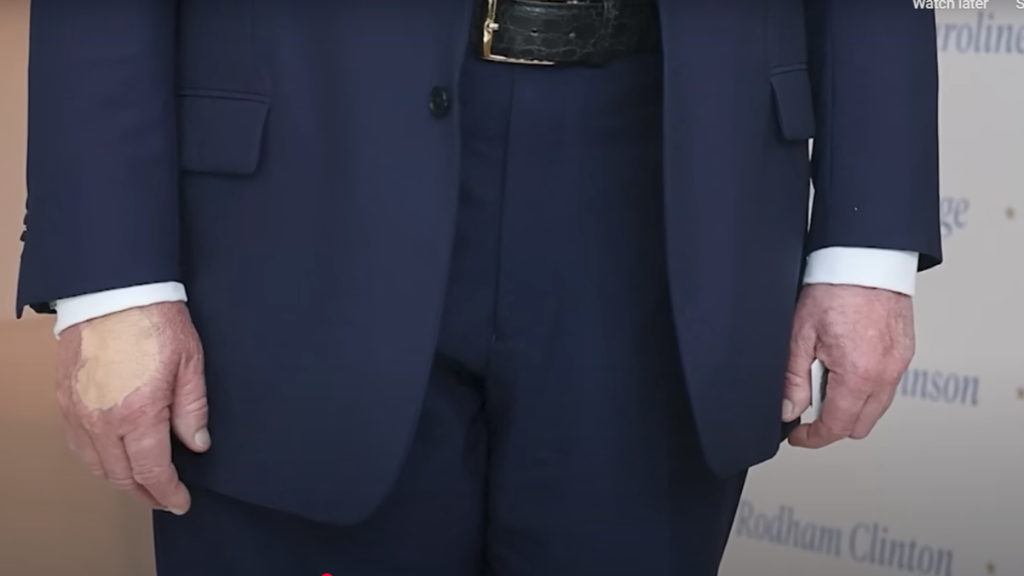A president’s health is a matter of national concern.
Others are reading now
Leaders hold enormous responsibility, and their physical and mental condition can directly influence decision-making. In the United States, scrutiny of presidential health has long been intense, from Franklin D. Roosevelt’s hidden illness to recent questions surrounding Joe Biden’s fitness for office.
Donald Trump, who frequently questioned Biden’s mental sharpness and physical endurance during his campaign, now faces similar attention himself after a former White House doctor raised doubts about the clarity of the latest medical report on the 79-year-old president.
Trump is in ‘excellent’ condition
According to a memo released after Trump’s visit to the Walter Reed National Military Medical Center last month, the president remains in “excellent overall health.”
The statement, signed by Dr Sean Barbabella, said the assessment included “advanced imaging, laboratory testing and preventive health assessments conducted by a multidisciplinary team of specialists.”
However, the document offered few details, leaving unclear what prompted the examination or which body areas were scanned.
Also read
Trump later told reporters on Air Force One, “I got an MRI, it was perfect,” without elaborating further.
Doctor questions timing
A former White House physician who served under three presidents told The Hill that the official explanation did not match standard medical practice.
“It’s about an eight-minute helicopter ride from the South Lawn to Walter Reed,” he said.
“So we know that he at least had four hours available to undergo medical care. There’s a disconnect there.”
He added that many of the reported tests could have been completed inside the White House in under 15 minutes, suggesting the extended hospital visit may have involved additional procedures.
Also read
Visible changes
In recent months, observers have noted swelling in Trump’s ankles and bruising on his hands, symptoms doctors often link to blood-thinning medication.
White House physicians have attributed the marks to “chronic venous insufficiency” and “frequent hand shaking,” insisting that the president’s overall condition is stable and that he remains fully capable of performing his duties.
Still, the lack of medical transparency has sparked public speculation, particularly given Trump’s past insistence that he was in “perfect” health during his first term.
Experts urge full disclosure
Jacob Appel, a psychiatry professor at the Icahn School of Medicine at Mount Sinai and a historian of presidential health, said that partial updates often create unnecessary anxiety.
“If you’re going to release some information, you want to release enough information that the public can put it into context,” he told reporters.
Also read
Appel added:
“If you’re going to say that you’re having an MRI, we should know what the MRI is for. It could be almost anything, a cognitive issue, a heart check, or even a bone scan. Without context, the public is left guessing.”


